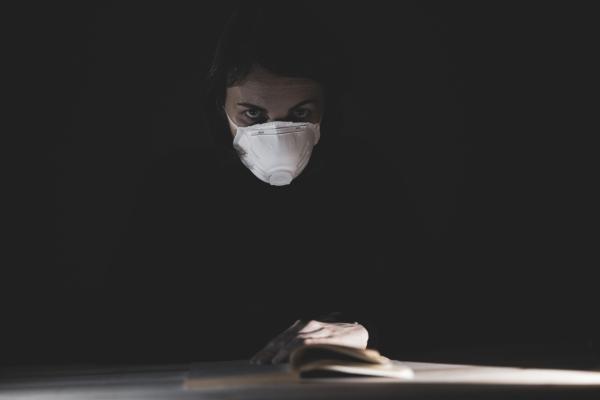“While it wasn’t the first instance of voting by mail in America — that came ahead of the War of 1812 but was limited to Pennsylvania, and happened a few years later in New Jersey as well — the Civil War marked the advent of the right to a postal vote for a large population. At the time, suffrage was extremely limited in the U.S.: Only white men could vote, though previous requirements that they own property to be eligible had been slowly abolished over the decades preceding the war.”
As with so many historical moments, what I thought I knew differs from the facts, as retold in this piece from Ozy, When The Confederacy Helped Launch Vote-By-Mail.
But wait, but wait, there is more history that I do not know. In this instance, some of the women who were scientists, physicians, and philosophers in ancient civilizations.
“In 13th century BCE Babylon, intelligent women in the cradle of civilization were able to hold positions of authority. While overseeing the Royal Palace, a perfumer named Tapputi invented the still, used for purifying substances like alcohol, and perhaps became the world’s first chemist.”
From Nautil.us, It’s Time These Ancient Women Scientists Get Their Due
For many, this Presidential election elicited existential dread. For half of our nation, that fear may well remain past the inaugural.
“A disaster — even a severe one like a deadly pandemic, mass social unrest or a rapidly changing climate — can, in Tainter’s view, never be enough by itself to cause collapse. Societies evolve complexity, he argues, precisely to meet such challenges. Tainter doesn’t mention it specifically, but the last major pandemic makes the case well: The Spanish Flu killed 675,000 Americans between 1918 and 1919, but the economic hit was short-lived, and the outbreak did not slow the nation’s push for hemispheric dominance. Whether any existing society is close to collapsing depends on where it falls on the curve of diminishing returns. There’s no doubt that we’re further along that curve: The United States hardly feels like a confident empire on the rise these days. But how far along are we?”
From the New York Times, How Do You Know When Society Is About to Fall Apart?
Finally, COVID-19 has led to much disruption and the acceleration of trends, food delivery, online shopping, and far more importantly, a widening schism of trust in our institutions, academic, private, and governmental.
“Sometimes it’s hard to identify who the experts are. Sometimes the experts themselves disagree. Sometimes we lack access to experts. Sometimes experts are manipulated by perverse incentives.
Even more importantly, expertise alone can rarely settle the questions that matter to us. This is because settling these issues isn’t just about making a list of facts. It’s about deliberating about these facts in light of our values and objectives. We have to figure out what we, in our particular situation, should do about the facts. And we can’t figure that out without moral clarity and knowledge of ourselves.
That’s why we often turn to people we trust for guidance.”
How do you know who to trust? I would like to think that I, along with the other writers at ACSH, are trustworthy. But if in doubt, consider this guide from Aeon’s Psyche, How to know who’s trustworthy




